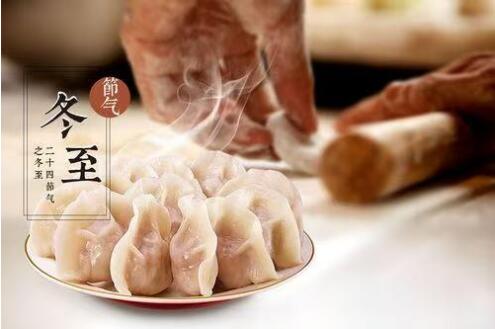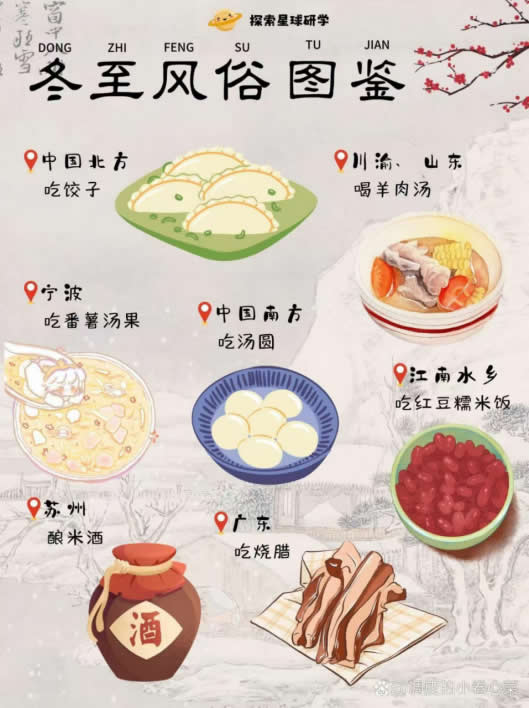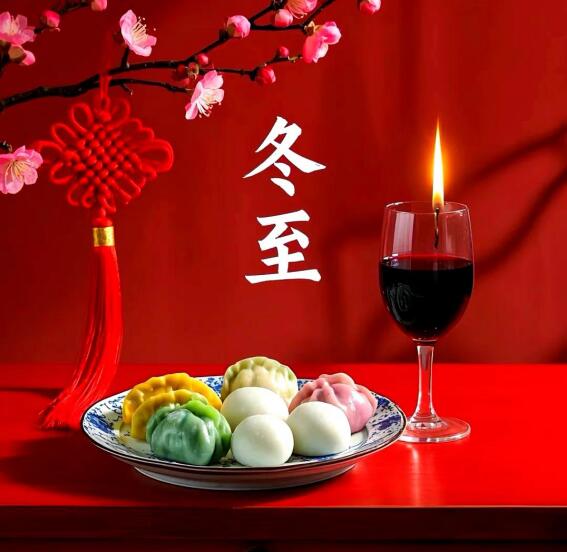Time is quiet and silent, the Winter Solstice quietly arrives; Fingertip dew condenses into frost, and the passing years are safe and sound.
Winter Solstice, also known as Sunan Zhi, Winter Festival, Asian New Year, etc., combines both natural and cultural connotations. It is not only an important solar term among the 24 solar terms, but also a traditional ancestor worship festival in Chinese folk culture. The Winter Solstice is one of the four seasons and eight festivals, regarded as a major winter festival. In ancient times, there was a saying in folk culture that 'the Winter Solstice is as big as the year'. The winter solstice customs vary in content or details due to regional differences.

In many regions of northern China, there is a custom of eating dumplings every winter solstice. In northern China, dumplings are eaten on this day because they have the meaning of "dispelling cold". There is still a folk saying that goes, "Do not eat dumplings on the winter solstice, and if your ears are frozen, no one will care.
Traditional Gusu households would drink winter wine on the winter solstice night. Winter wine is made from glutinous rice or yellow rice, mixed with osmanthus flowers.
Eating rice dumpling is a traditional custom in the winter solstice, especially in the south of the Yangtze River. "Rice dumpling" is a necessary food for the winter solstice. "Yuan" means "reunion" and "completeness". Eating rice dumpling on the winter solstice is also called "Winter Solstice Yuan". There is a folk saying that "eating rice dumpling is one year old".

White dumplings, fragrant vinegar, hot soup, warm stove, family sitting around, with bright lights waiting. May you and I have a happy winter solstice and worry free every year.






